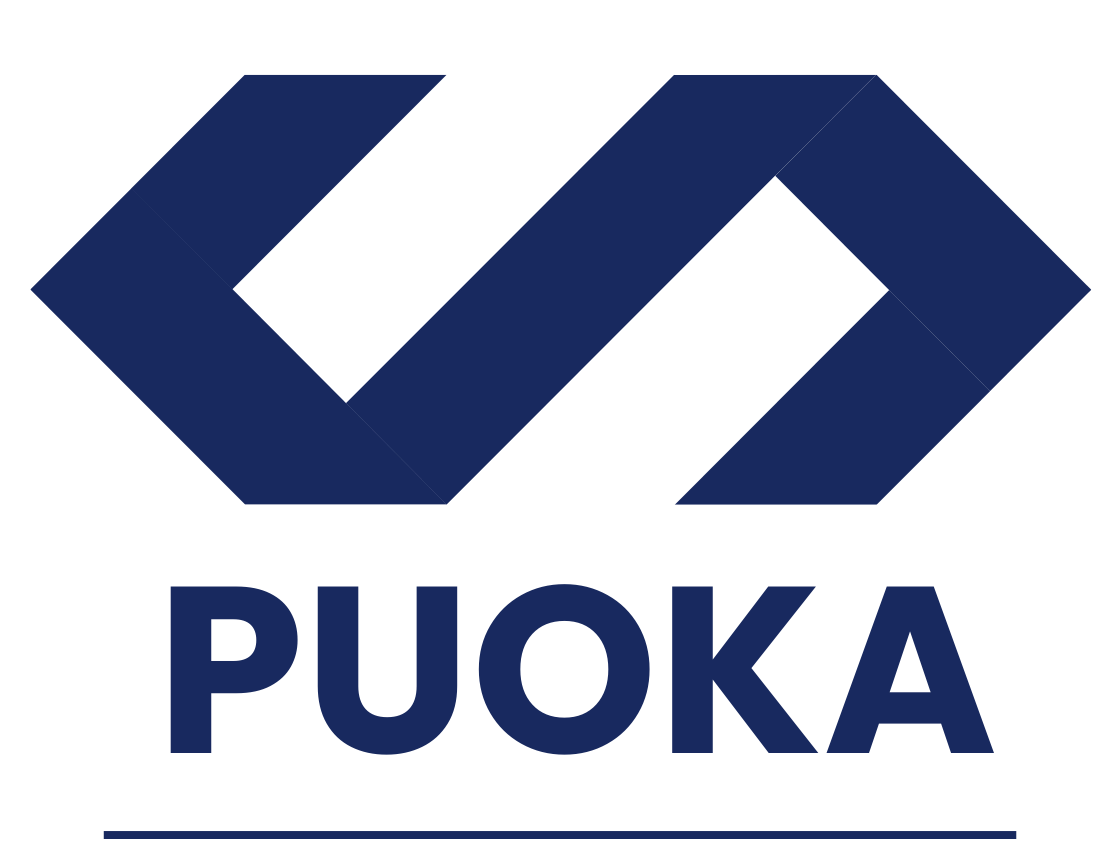TLDR
- ASIC Digital Assets Lead Rhys Bollen compared Bitcoin to prison cigarettes during a regulatory consultation meeting
- The comparison came while discussing Non-Cash Payment Facility legislation’s application to digital assets
- Industry leaders expressed concerns about regulation of non-custodial wallets potentially driving businesses offshore
- ASIC released INFO-225 consultation paper with 13 examples of digital assets classification
- Public feedback period remains open until February 2025
Australian Securities and Investments Commission (ASIC) Digital Assets Lead Rhys Bollen has drawn criticism from the cryptocurrency industry after comparing Bitcoin to prison cigarettes during a liaison meeting on Wednesday. The controversial remarks came during discussions about applying Non-Cash Payment Facility (NCP) legislation to digital assets.
The meeting centered on initial feedback regarding ASIC’s consultation paper, which aims to clarify the regulatory framework for digital assets in Australia. When questioned about the application of NCP legislation to digital assets, Bollen drew an unexpected parallel to illustrate his point about payment methods.
“In theory, almost anything could potentially be used to make a payment to another person. You know, cigarettes are used in prisons as a way of making payments,” Bollen stated during the Wednesday meeting. He went on to explain that products marketed primarily for payments could fall under financial product territory, though he admitted there was no clear line of distinction.
The consultation paper in question focuses particularly on stablecoins used for payments, which ASIC interprets as triggering an NCP event. However, the broad language used in the guidance has raised concerns within the industry that any digital asset enabling payments could potentially fall under the NCP classification.
Industry representatives have voiced strong opposition to this interpretation, warning about potential impacts on widely used crypto tools. Michaela Juric, general manager of Programs and Partnerships at Australian stablecoin project AUDD, highlighted specific concerns about non-custodial wallets like MetaMask.
Juric pointed out that MetaMask is simply software allowing users to sign transactions, yet under ASIC’s interpretation, it might need to obtain an Australian Financial Services License (AFSL) to continue serving Australian users. She warned that applying financial regulation to software could accelerate the exodus of crypto businesses from Australia.
Earlier this month, ASIC released the INFO-225 consultation paper, proposing updated guidance for compliance with the Corporations Act. The document includes 13 detailed examples showing how various digital assets, including stablecoins, staking services, and tokenized securities, might be classified as financial products.
The regulatory body has been encouraging crypto companies to apply for an AFSL, offering a grace period from legal action during the application process. However, companies must provide justification if they choose not to apply for the license.
In October 2023, the Australian Treasury took steps to strengthen crypto regulation by proposing to regulate digital asset intermediaries under the existing financial services licensing framework. This proposal aims to address consumer protection while maintaining space for innovation in the crypto sector.
ASIC has also updated its Regulatory Guide 133 for the first time since June 2022, introducing new requirements for crypto custody. These changes include enhanced security protocols, such as cold storage requirements and geographically distributed key backups.
The new requirements also mandate stricter risk management processes and multi-signature transaction controls for crypto custodians operating in Australia. These measures represent part of ASIC’s broader effort to establish comprehensive oversight of the crypto industry.
The regulatory body’s approach has sparked debate about the balance between consumer protection and industry innovation. Industry leaders argue that overly strict regulation could push businesses to operate from more accommodating jurisdictions.
Public consultation on the INFO-225 guidance remains open until February 2025, with ASIC expected to release finalized guidance later that year. The extended consultation period allows industry stakeholders to provide feedback on the proposed regulations.
ASIC maintains that clear regulatory frameworks are essential for consumer protection in the crypto space. However, industry participants continue to express concerns about the potential impact of these regulations on innovation and business operations.
The feedback period gives stakeholders an opportunity to shape the final guidance and address concerns about the proposed regulatory framework. ASIC officials have indicated they will consider all industry feedback before finalizing the guidelines.








